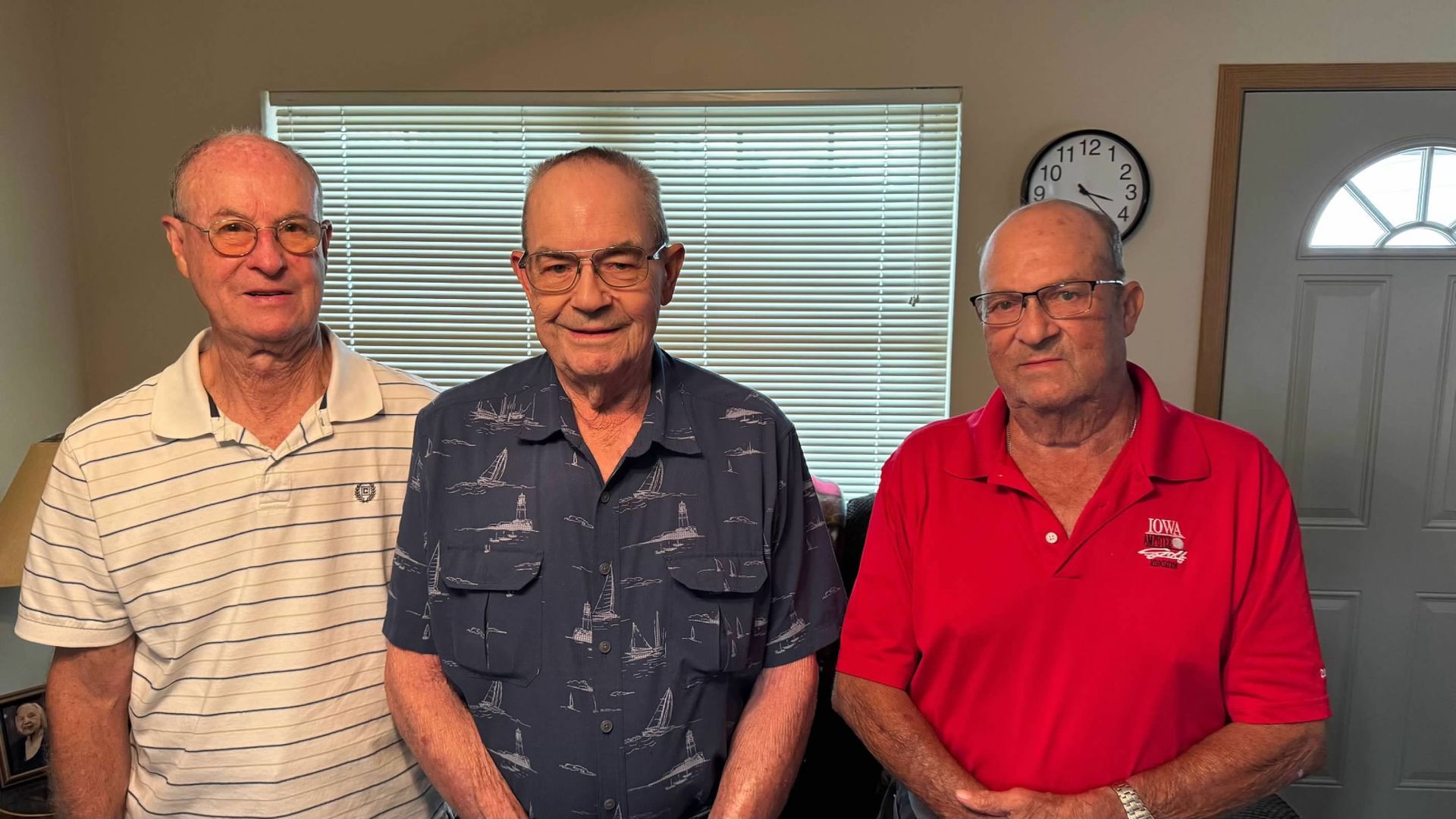Craft Perspective to Achieve Inner Peace
The winner of the 2024 Masters golf tournament, Scottie Scheffler, is dominating professional golf in a way not seen since Tiger Woods’ peak years. Including the Masters, he has won three of the last four tournaments, and has been 100 strokes better than the world’s second-ranked golfer over the last two years. What he said after his most recent win revealed his not-so-guarded secret.
"Because, like I said, winning this golf tournament does not change my identity. My identity is secure, and I cannot emphasize that enough." He continued, “"I believe that today's plans were already laid out many years ago, and I could do nothing to mess up those plans. I have been given a gift of this talent, and I use it for God's glory. That's pretty much it."
That strong sense of self was critical to his success, especially when he temporarily lost the lead in the first few holes on the tournament’s final day. Many of the world’s top golfers have collapsed when entering the final round of the Masters with the lead, the pressure and fear of losing throwing them off just enough to allow the elite competition behind them to surge ahead. That didn’t happen to Scheffler, because he had crafted his perspective to find inner peace.
Imagine if we approached life’s challenges with a similar mindset – “. . . today's plans were already laid out many years ago, and I could do nothing to mess up those plans.” Easier said than done, I know, but it’s worth trying.
Despite being more than 25 years his senior, I’m still working on achieving the constant inner peace that Scottie Scheffler seems to have, and I suspect that I’m not alone. We forget that we don’t control as much as we think we do or might want to control, and we let minor challenges derail our perspectives. We can avoid all of that if we carefully craft our perspectives.
The first step to doing that is to trust yourself, and the first step to trusting yourself is to prepare yourself for success. Scheffler didn’t just show up at Augusta and start swinging a club. He had spent thousands of hours over his 27 years preparing for big moments like the final round of the Masters. He knows that he has done everything he can to be as good as he possibly can. When he temporarily lost the lead, he knew that all he needed to do was trust himself and his preparation.
The second step to building a carefully crafted perspective is to accept that you can’t control everything. Scheffler knew that the accuracy of his shots would be affected by elements beyond his control, like wind gusts and bad bounces. He also knew that his fellow competitors were extremely talented, and had worked hard to put themselves in contention to win the tournament. Any one of them was capable of playing the round of their lives and overtaking him. He couldn’t control that.
The final and probably most important step in building a carefully crafted perspective is to have faith that a higher power is orchestrating everything for an ideal outcome that we might not understand, but will have to accept. Having faith like that frees us from the fear of failure. If failure happens, it doesn’t change who we are.
Scottie Scheffler showed us how to succeed by remaining calm under enormous pressure. If we want to have success and find inner peace in our own lives, it’s up to us to craft our perspectives in a similar way. If we do that, there’s no way we can lose.

